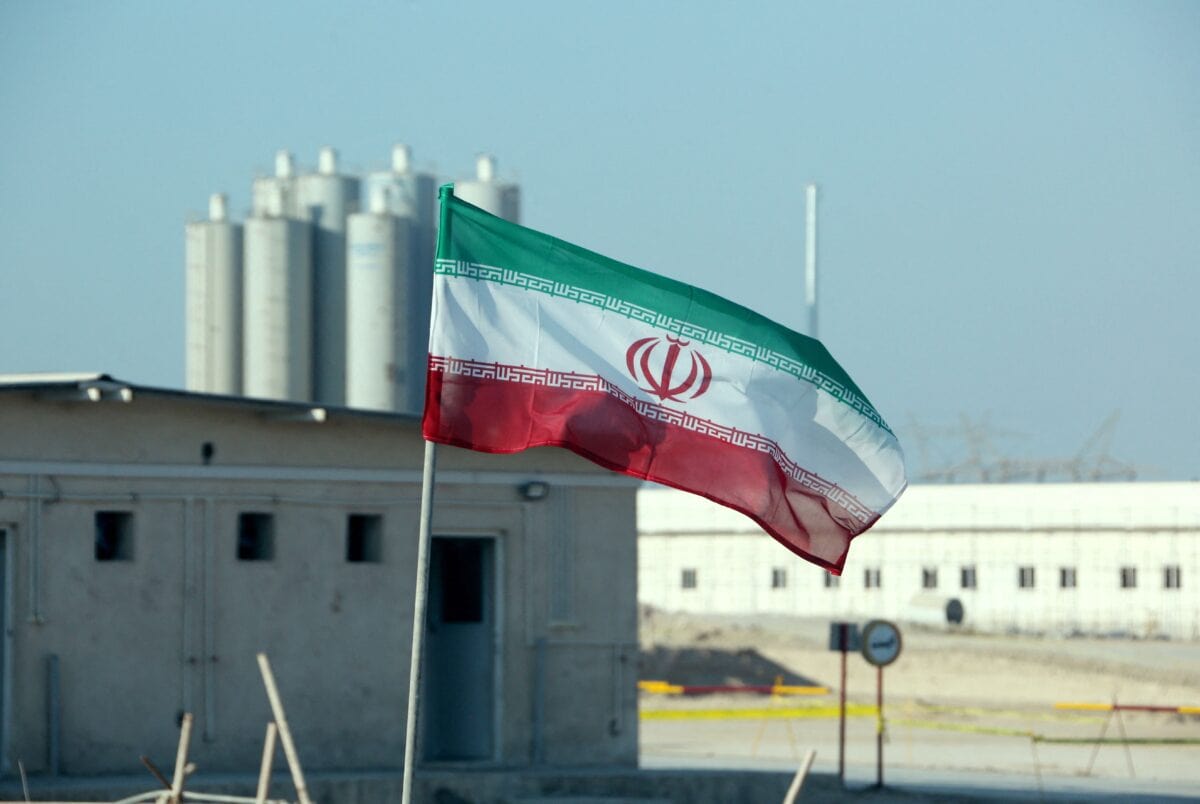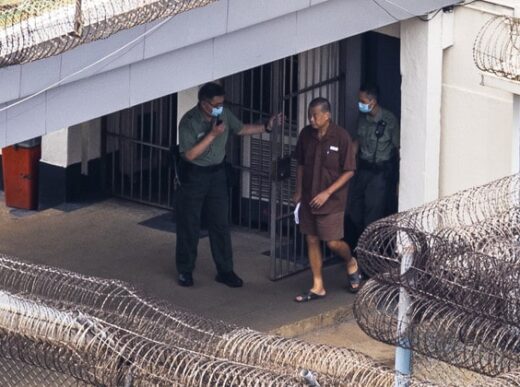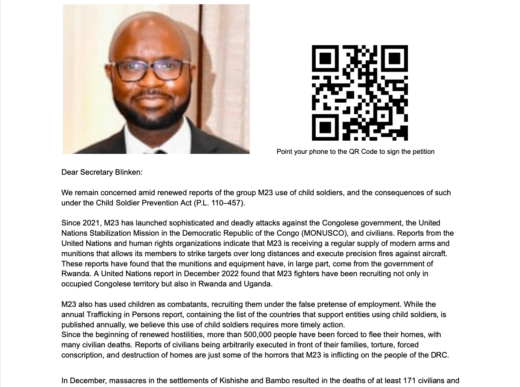The recent transfer of five Iranian-Americans from prison to house arrest in Iran has sparked a glimmer of hope amidst the backdrop of tense U.S.-Iran relations. The move, confirmed by Iranian officials at the United Nations and reported by The Associated Press, comes after months of speculation about a potential prisoner swap between the two nations. This development also intersects with discussions regarding the release of billions of dollars frozen in South Korea—a multifaceted arrangement that underscores the complexity of international diplomacy.
Unveiling the Prisoner Transfer: A Significant Step Forward
Iran’s decision to transition five Iranian-Americans from incarceration to house arrest has been described by Iranian officials as an “important initial step” in the process of implementing this agreement. The context of this move is illuminated by the acknowledgment that $6 billion to $7 billion frozen in South Korea is part of the agreement. The funds are intended to be transferred to Qatar before reaching Iran, pending the successful execution of the agreement.
A Complex Landscape: Tensions and Military Buildup
The intricate deal arrives against the backdrop of heightened tensions between Iran and the U.S. The Persian Gulf has witnessed a substantial military buildup by the United States, raising concerns about potential conflicts and disruptions to global trade routes. The Strait of Hormuz, through which a significant portion of global oil trade transits, has been a focal point of this geopolitical maneuvering.
The Uncertain Future: A Potential Path to Resolution
While the transfer of Iranian-Americans from prison to house arrest appears to be a positive development, it remains uncertain whether this action guarantees their eventual return to their families. Iran’s history of overstating the progress of negotiations adds an air of caution to the optimism. The involvement of Oman and Qatar as potential mediators in talks further underscores the complexity of reaching a comprehensive agreement.
Legal Complexities and the Long Road Ahead
Jared Genser, a U.S.-based lawyer, identified three of the transferred prisoners: Siamak Namazi, Emad Sharghi, and Morad Tahbaz. The identities of the remaining two prisoners have not been disclosed. Genser anticipates that the five individuals will be held under guard at a hotel until their potential departure from Iran. While the move to house arrest marks a positive step, uncertainty shrouds the ultimate outcome.
Family Reunification and International Efforts
The families of the transferred prisoners are cautiously hopeful for their reunion. Neda Sharghi, the sister of Emad Sharghi, expressed faith in the efforts undertaken by President Biden and government officials to secure the release of their loved ones. The White House’s National Security Council spokesperson acknowledged the transfer and highlighted ongoing negotiations for their release as a delicate process.
The Larger Picture: Dual Citizenship and Prisoner Swaps
Iran’s refusal to recognize dual citizenship complicates the issue of Iranian-Americans held in Iranian custody. The identification of three prisoners in this recent transfer—Namazi, Sharghi, and Tahbaz—sheds light on their ordeal. These individuals face charges ranging from alleged spying to violations of U.S. export laws.
The Stakes and International Backlash
Despite the potential for progress, skepticism surrounds the magnitude of the deal. Critics argue that a multi-billion-dollar payout sets a precedent for extortion, while proponents hope for a positive outcome. The fragile nature of international diplomacy is exposed in this complex exchange, raising questions about the future of U.S.-Iran relations and the broader implications of such negotiations.
Past Swaps and the Road Ahead
Historically, the U.S. and Iran have engaged in prisoner swaps dating back to the 1979 U.S. Embassy hostage crisis. The most recent exchange occurred in 2016, intertwining with the nuclear deal negotiations. Amid the geopolitical complexities of the region, the release of Iranian-Americans faces challenges, yet holds potential for alleviating strained relations.
Hope Amid Uncertainty: A Beacon of Light
The transfer of Iranian-Americans from prison to house arrest offers a glimmer of hope in a region characterized by political tensions and military posturing. While the path forward remains uncertain, the potential for progress and resolution is a beacon of light amidst the shadows of doubt. The fate of these individuals reflects not only their personal struggles but also the complexities of international diplomacy in a rapidly changing world.





